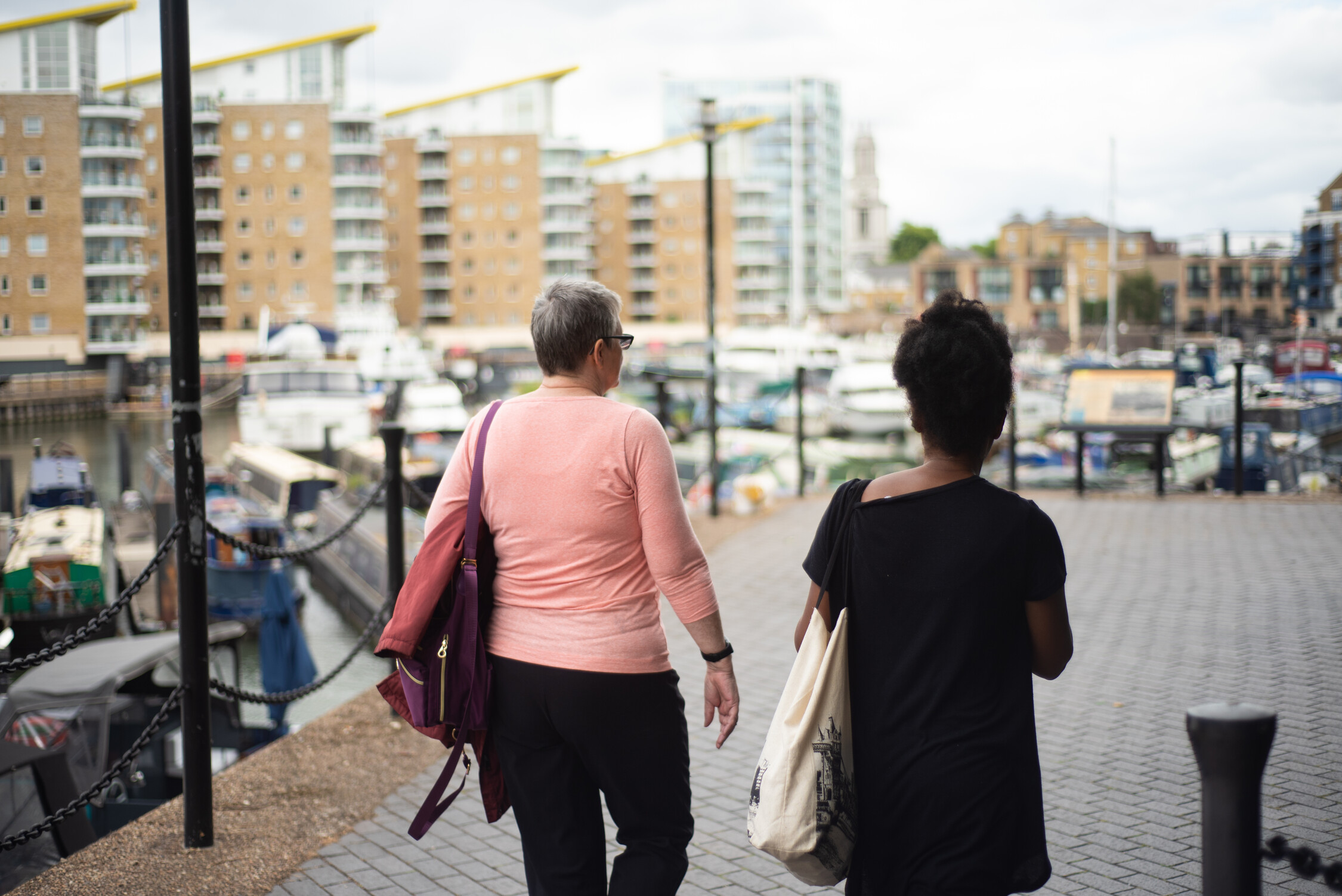Denigrating low traffic neighbourhoods in order to portray oneself as pro car, and so standing up for the “average person” rather than committing the sin of being “woke”, is yet another example of the socially-divisive politics being played out at the moment that will see the most vulnerable being put at risk, writes Tony Watts OBE
Doncha just hate the “nanny state”? Not only can we no longer risk our lives by not wearing a seatbelt or even put other’s lives in jeopardy by being made to breath in our cigarette smoke in public places, now there are councils who actually want to stop vulnerable people sucking up our petrol fumes as we race through housing estates in order to save a few minutes on our journey times…
Hyperbole over. But, following on from political pressure to drop restrictions in our cities on our most polluting vehicles, now the heat is on “low traffic neighbourhoods” (LTNs). Lots of polls show that the residents who live in LTNs really appreciate them. They make for safer, healthier, more pleasant places for live. What’s not to like?
Howls go up whenever shopping streets are pedestrianised, or access to town centres limited to blue badge users, but the result is invariably a more pleasant environment that is also much safer for those of us who are slower on our feet than we used to be, as well as for those with disabilities or small children in tow.
They also encourage more social activity and connectivity – breaking down the barriers that can so easily lead to social exclusion for older people.
Moreover, the links between petrol and diesel exhaust gases and health conditions such as asthma and dementia are well established, and again it’s the most vulnerable who pay the highest price.
Rights (and wrongs) of man…
The problem is that the car has been allowed to dominate our urban landscapes for so long now that any move to make our streets more people friendly is met with indignation by those who are quite happy to inconvenience others, but don’t want anything to inconvenience them…
Yet if you look around at the very best examples of cities, towns and villages (internationally as well as nationally) where people can mix, socialise and connect with each other most easily, and you’ll see that the car has been relegated to its proper place: as the servant, not the master.
We hear an awful lot of talk about “people’s rights” being bandied about from self-styled libertarians whenever anyone threatens to prevent them from doing whatever they want. But it’s worth remembering where all this thinking originated. The caveat of John Locke, often referred to as the father of liberalism and a passionate advocate of mankind’s rights to “life, liberty and property” was that “Being all equal and independent, no one ought to harm another in his life, health, liberty, or possessions.”
In other words, having social rights comes with some social responsibilities too.
